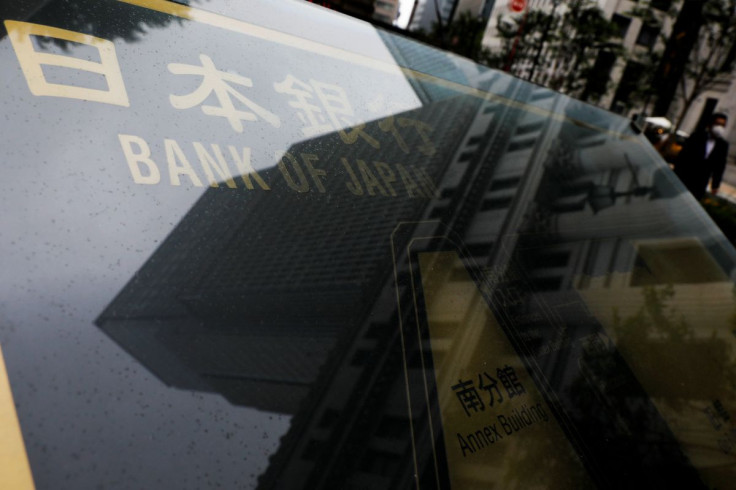BOJ To Maintain Huge Stimulus As Ukraine Crisis Adds To Economic Woes

The Bank of Japan is set to maintain its massive stimulus on Friday and focus on risks to a fragile economic recovery from the Ukraine crisis, reinforcing expectations it will remain an outlier amid a global shift towards tighter monetary policy.
While inflation is seen approaching or even exceeding its 2% target in coming months, the BOJ is in no mood to withdraw stimulus as it sees the recent energy-driven price rise as transitory and a possible threat to an economy only just recovering from the coronavirus pandemic.
BOJ Governor Haruhiko Kuroda is likely to stress his resolve to sustain huge monetary support until the rise in inflation is accompanied by strong wage growth.
"I don't think Japan is in a condition where inflation stably hits 2%, even when the impact of cellphone fee cuts taper off and energy prices rise further," Kuroda told parliament on Thursday.
Japan's core consumer prices rose 0.6% in February from a year earlier, data showed on Friday, below the BOJ's target but marking the fastest pace in two years in a sign of growing inflationary pressure from higher energy costs.
At a two-day meeting ending on Friday, the BOJ is widely expected to maintain its short-term rate target at -0.1% and that for the 10-year bond yield around 0%.
The BOJ's dovish tone would be in stark contrast with the U.S. Federal Reserve, which raised interest rates on Wednesday for the first time since 2018 and laid out plans for aggressive tightening to combat surging inflation.
The Bank of England followed suit on Thursday with a third consecutive meeting of rate hikes to stop fast-rising inflation becoming entrenched.
With supply disruptions and COVID-19 curbs having hobbled growth in the current quarter, the BOJ may offer a bleaker view on the economy than in January - when it said there were "clearer signs of pick-up."
In a sign of the pain rising fuel costs is already inflicting on households, consumer inflation data showed energy and electricity bills both shooting up by around 20% in February from year-before levels, the fastest pace since 1981.
But the central bank is expected to roughly maintain its projection of a moderate economic recovery, as policymakers prefer to wait for more clarity on how the war in Ukraine could affect the global growth outlook, analysts say.
© Copyright Thomson Reuters 2024. All rights reserved.




















